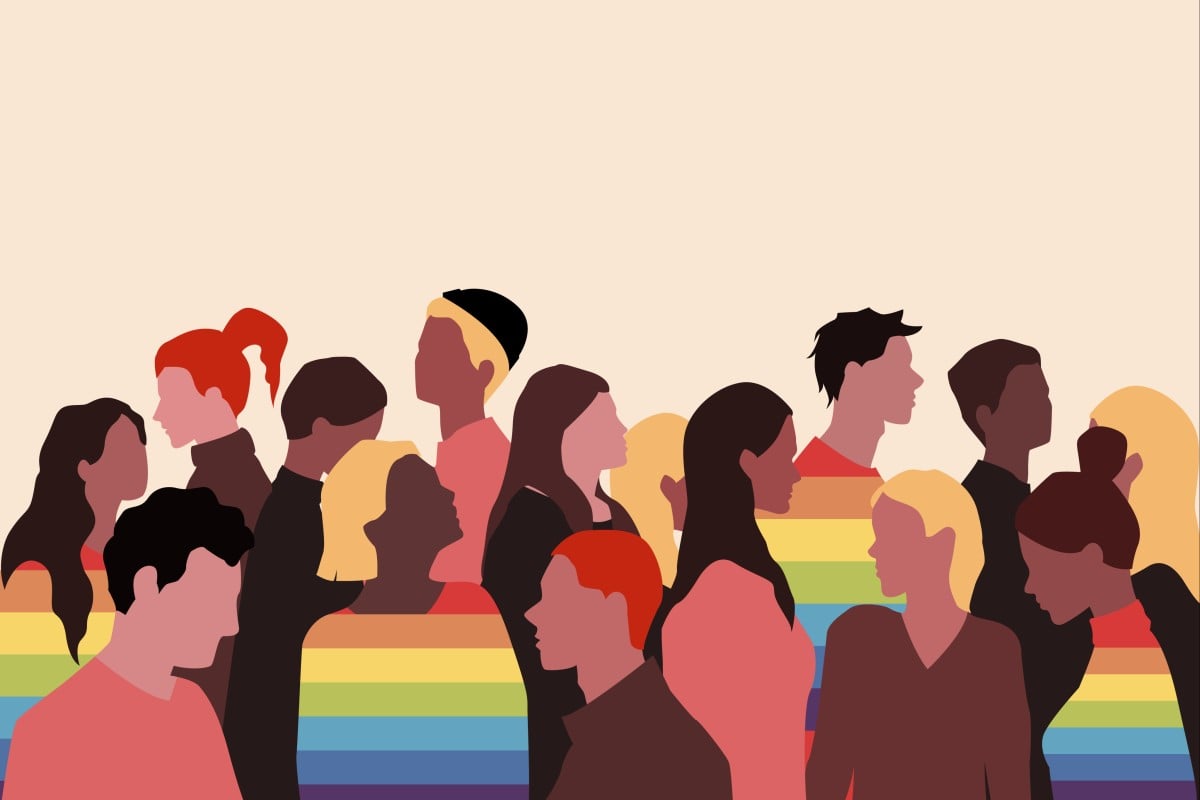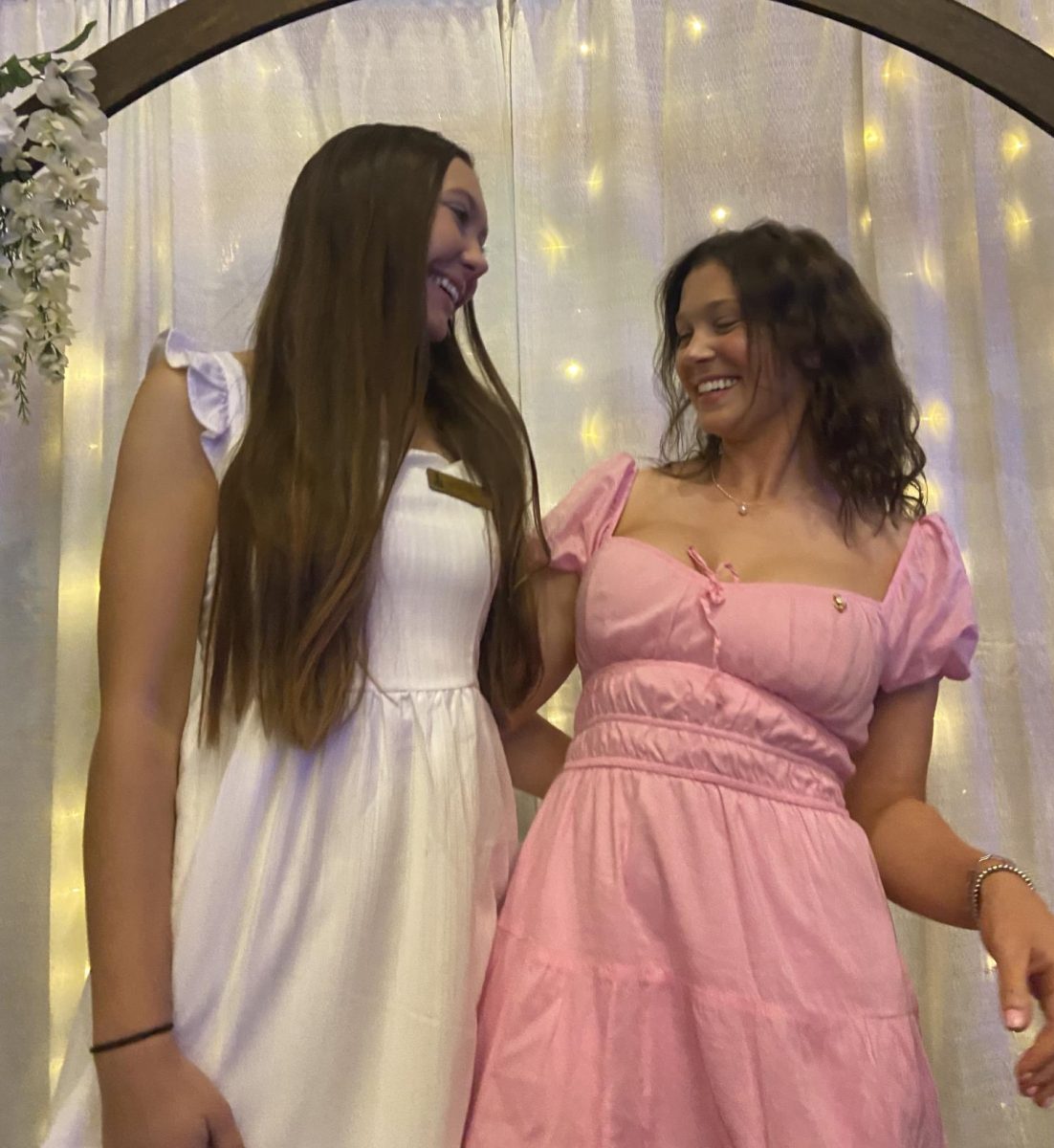On Sept. 11, 2001, I was in my fifth grade math class when all of my school’s teachers were paged to come immediately to the office. Like the majority of the people reading this, at the time, I had no idea what had just happened. I just knew it wasn’t good. Later, my parents tried to explain to me the actions of 19 men who committed an act that went beyond morally reprehensible. I remember wanting to do something, to help somebody or to spread a message. These acts would prevent something like that from happening again.
I am puzzled, then, that a columnist in the print edition of the Sept. 17 issue of The University News implied National Day of Service on Sept. 11 served only to “erase the meaning of Sept. 11 and convert that day into a day of leftist celebration.”
Never mind, then, that during the “9/11 Day of Service and Remembrance,” administration officials from the president on down spent the day performing acts of service as well as participating in remembrance ceremonies. Not once was it suggested that we ignore or forget Sept. 11. The entire day was based around the concept of helping others as a way of remembering the tragedies of the past.
If anything, the Obama Administration’s day of service more clearly mimics Glenn Beck’s “9/12 project” than it does a leftist agenda. At a wreath laying ceremony, according to a release by the press secretary, Obama said the following: “Let us remember how we came together…not only in our grief, but in our resolve to stand with one another, to stand up for the country we all love. On this first National Day of Service and Remembrance, we can summon once more that ordinary goodness of America-to serve our communities, to strengthen our country and to better our world.”
The idea of progressive politics is to try to work toward a better country and a better world. I hope Americans on all sides of the political spectrum want this country to be the best it can be-something accomplished by Americans working for and with other Americans.
For me, the most stirring images of Sept. 11 are not of destruction, but of the brave men and women that came immediately to the aid of those imperiled. Building houses for Habitat for Humanity, teaching underprivileged children or feeding the hungry may not quite make for the same dramatic imagery, but it is an excellent way to pay tribute to the good deeds of others.
The intellectual dishonesty in the previous commentary is dangerous to the political discourse of our nation, and the level of invective we find in today’s media has reached intolerable levels.
I don’t care what side of the political divide you happen to occupy-this has simply gone too far. Whether it is articles claiming community service to be political propaganda or a member of the House of Representatives yelling out “You lie!” during a presidential address, we’ve gone from mudslinging to something far, far worse.
On Sept. 11, 2009, a professor of mine suggested that we observe a moment of silence for those who perished eight years ago. The class held silent for that moment to meditate on the events of a tragic, violent act that drove a nation to war. Then we began discussing the Earth’s atmosphere.
Remembrance does not have to be a day in which everything stops-that only holds us in stasis, with the same old arguments being made and the same old pundits spouting the same old nonsense. We ought to see the lesson of Sept. 11 as a lesson of the potential of the human being-when we want to help as well as when we want to do harm-and we ought to exercise the former as fully as possible.
We can act to both remember Sept. 11 and to prevent a similar event from ever happening again by starting out small, by doing good deeds for our neighbors, talking to people we disagree with and learning about those around us. Only then can we begin to work to increase the quality of education, health care, political and religious freedom and employment throughout our towns, states, country and eventually the entire world.
Noah Berman is a freshman in the College of Arts and Sciences.








